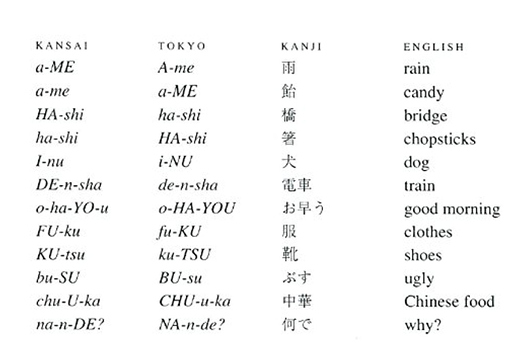It is less important for you if you don’t care about speaking to people. However, if you never speak to a human, pitch accent may still be helpful for listening comprehension, which is the major “new” argument I wanted to bring forward with this discussion. If you don’t speak, you just have to care about it less, but nonetheless should still care.
I’m not sure that our misunderstandings have been mostly predicated on culture. Surely, people are less willing to entertain your ideas based on how they perceive you, and that was the cause of some misunderstanding, for sure. The same will happen in Japan without proper politeness.
Thinking about it some more, what may have actually been the problem is you assuming that you weren’t properly conveying yourself, and hence repeating the same arguments over and over. If I were to guess, most people understood your points the first time around, but didn’t agree with them for other reasons already laid out before. Then when you brought it up again (because you thought you weren’t communicating your ideas in a way that people can understand), it made you seem stubborn and unwilling to listen, which fed into the politeness issue, which then fed into people not being as willing to extend as much courtesy to your points.
At least, that’s my interpretation of it all. I don’t think I can keep bringing up the same arguments as it’s getting tiring. BUT I will say that I’m glad I motivated you to take up pitch accent studies and not view it as a futile pursuit  . I wish you the best of luck as you continue to study.
. I wish you the best of luck as you continue to study.
EDIT: But I’ll go ahead and change the title to make it more modest anyway, and out of friendship. I still think people should care, obviously. But what everyone does is up to them. All I can do is hope I’ve been persuasive and ultimately ended up helping people

 If you are interested in scientific articles on this (and other) topic, you can search on
If you are interested in scientific articles on this (and other) topic, you can search on 
 . I wish you the best of luck as you continue to study.
. I wish you the best of luck as you continue to study.

